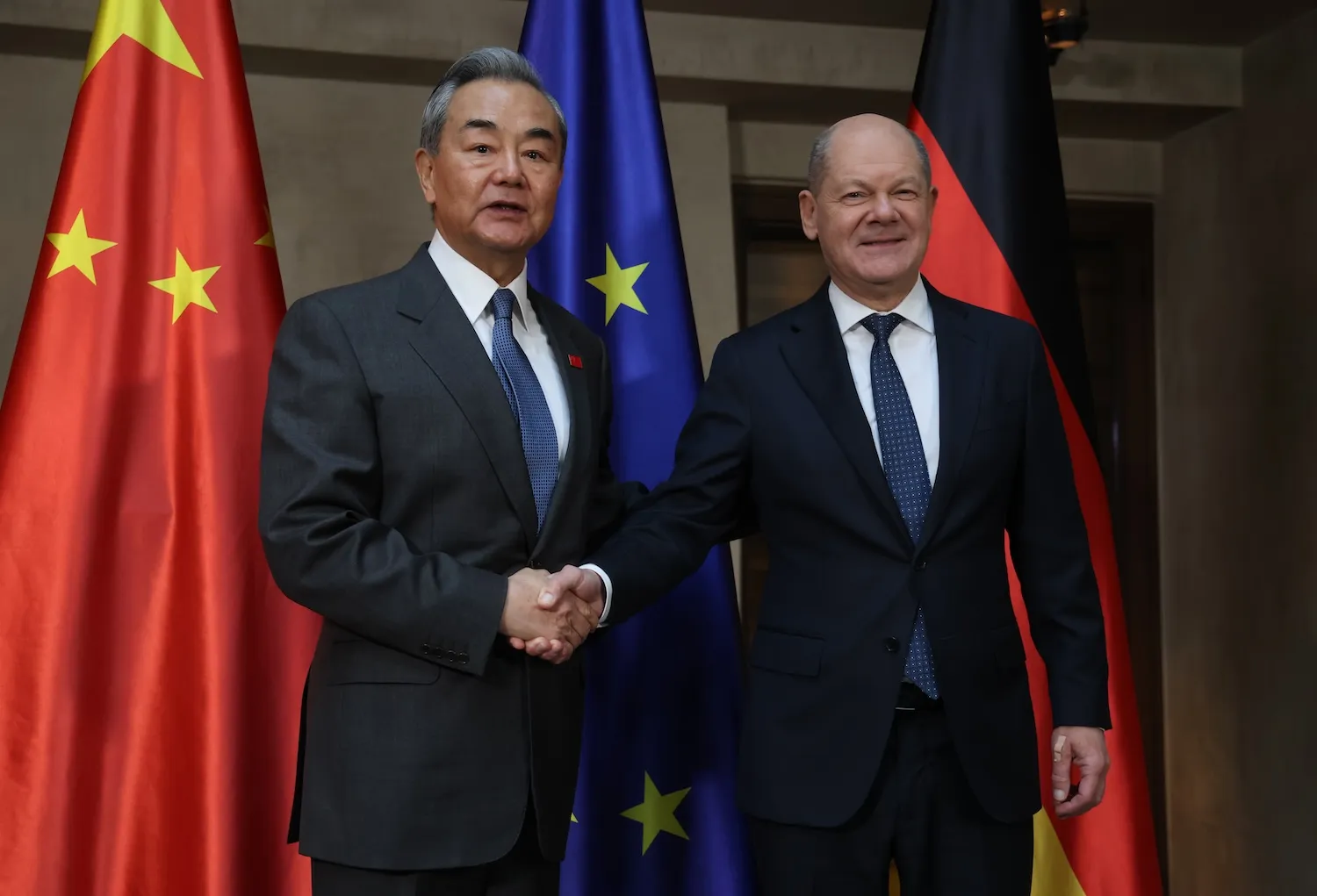The European Union (EU) is actively pursuing the strengthening and expansion of its trade partnerships amid a cooling of relations with the United States. This strategic shift comes at a time when geopolitical landscapes are rapidly changing, urging the EU to reassess and diversify its economic alliances. One of the most significant and complex relationships under scrutiny within this context is that with China—a partnership that could evolve to be either more collaborative or increasingly contentious in the coming years.
The EU has traditionally been an ally of the U.S., sharing similar values and economic interests. However, recent years have seen a strain in this transatlantic relationship due to differing policy approaches on crucial issues such as trade tariffs, climate change, and handling of international conflicts and agreements. This divergence has prompted the EU to reconsider its global partnerships framework, weighing more heavily on other regions to ensure economic stability and security.
China, as one of the world’s largest economies, plays a critical role in the EU’s strategic recalibration. The potential for deepening trade ties with China offers the EU a tremendous opportunity to tap into a vast market, driving growth and innovation within its borders. Already, China and the EU engage in substantial trade activities, with China being the EU’s second-largest trading partner. The mutual benefits of this relationship are substantial, offering access to new markets, resources, and technology.
However, the relationship between the EU and China is not without its challenges and potential points of contention. Issues such as human rights, data security, and China’s strategic assertiveness in its foreign and domestic policy pose significant concerns for the EU. The implementation of the Belt and Road Initiative by China and its implications on European infrastructure and influence, as well as geopolitical tensions in regions like the South China Sea, also stress the EU-China relations.
The EU’s approach towards China thus stands at a crossroads, requiring a balanced strategy that promotes economic interests without compromising on core values and security. The European Commission has labeled China as a “systemic rival,” highlighting the dual nature of the relationship that combines cooperative and competitive elements.
In terms of policy direction, the EU could potentially take a multi-faceted approach. On one hand, it can work towards deepening economic cooperation with China through investment agreements, trade negotiations, and collaborative projects in technology and renewable energy sectors. On the other hand, it could adopt a more assertive stance on issues related to security and human rights by aligning with other global powers to ensure a strategic counterbalance.
This dual strategy would not only enable the EU to leverage economic opportunities in China but also allow it to uphold its standards and international commitments. Furthermore, strengthening trade relations with other regions such as the ASEAN countries, Africa, and Latin America could serve as a buffer, enhancing the EU’s ability to navigate between cooperation and rivalry with China.
Ultimately, the path the EU chooses to take will significantly impact the global trade dynamics and influence geopolitical alliances worldwide. The evolving relationship with China—whether it tilts towards closer cooperation or increased competition—will be pivotal in shaping the future economic landscape of not only the EU but also the broader international community. As such, the decisions made now will resonate well into the future, underscoring the need for careful, strategic deliberation in forging ties that are both beneficial and sustainable.










